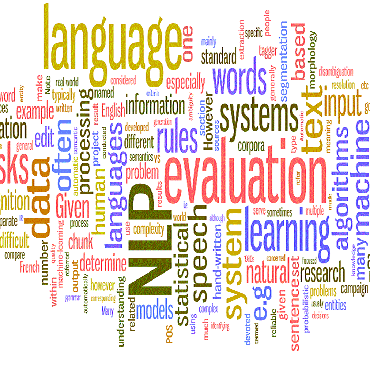The criminalization of poverty has been widely denounced as a collective bias against the most vulnerable. NGOs and international organizations claim that the poor are blamed for their situation, are more often associated with criminal offenses than the wealthy strata of society and even incur criminal offenses simply as a result of being poor. While no evidence has been found in the literature that correlates poverty and overall criminality rates, this paper offers evidence of a collective belief that associates both concepts. This brief report measures the societal bias that correlates criminality with the poor, as compared to the rich, by using Natural Language Processing (NLP) techniques in Twitter. The paper quantifies the level of crime-poverty bias in a panel of eight different English-speaking countries. The regional differences in the association between crime and poverty cannot be justified based on different levels of inequality or unemployment, which the literature correlates to property crimes. The variation in the observed rates of crime-poverty bias for different geographic locations could be influenced by cultural factors and the tendency to overestimate the equality of opportunities and social mobility in specific countries. These results have consequences for policy-making and open a new path of research for poverty mitigation with the focus not only on the poor but on society as a whole. Acting on the collective bias against the poor would facilitate the approval of poverty reduction policies, as well as the restoration of the dignity of the persons affected.
翻译:对贫穷的刑事化已被广泛谴责为集体对最脆弱者的偏见。非政府组织和国际组织声称,穷人被指责是因为他们的处境,他们更经常与犯罪行为联系在一起,而且甚至仅仅因为贫穷而犯罪。虽然在文献中找不到贫困与总犯罪率相关的证据,但本文提供了一种将两个概念相关联的集体信仰的证据。本简要报告采用自然语言处理(NLP)技术在Twitter上量化了八个不同讲英语的国家和地区中的犯罪与贫穷的关联。根据贫富不均和失业率与财产犯罪相关的文献,无法解释在犯罪和贫穷之间的关联上地区之间的差异。观察到的犯罪与贫穷偏见的不同地理位置的比率差异可能受到文化因素的影响,以及倾向于高估特定国家的机会平等和社会流动性的倾向。这些结果对决策有影响,开辟了贫困缓解的新研究路径,重点不仅是贫穷,而是整个社会。纠正对穷人的集体偏见将有助于批准减贫政策,以及恢复受影响人员的尊严。





